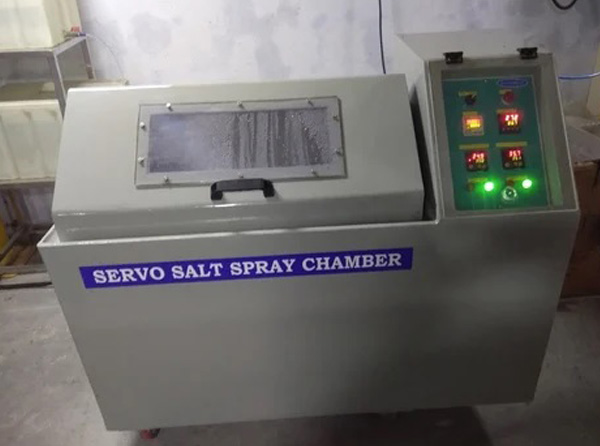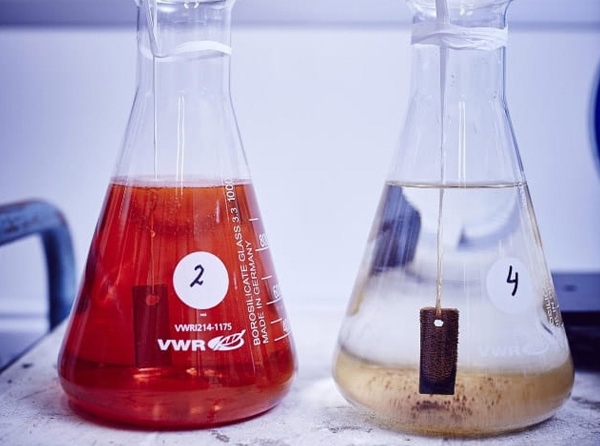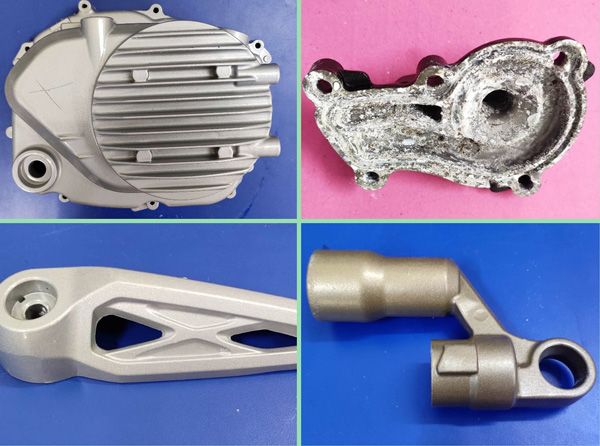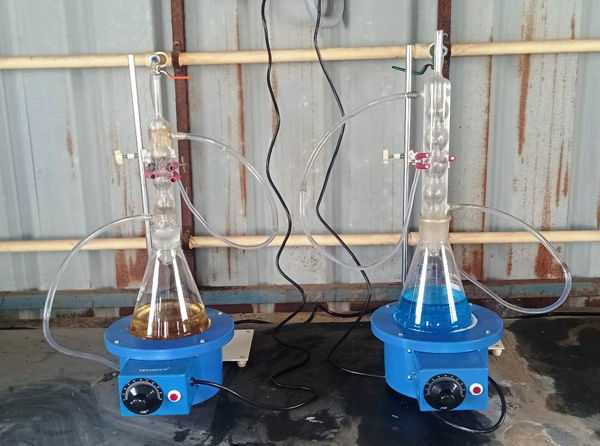Corrosion testing of metals is a process that assesses a material's resistance to corrosion, which is the deterioration of a material due to chemical reactions with its environment. Corrosion can lead to a loss of material, structural integrity, and functionality, making it important to evaluate and mitigate in various industries
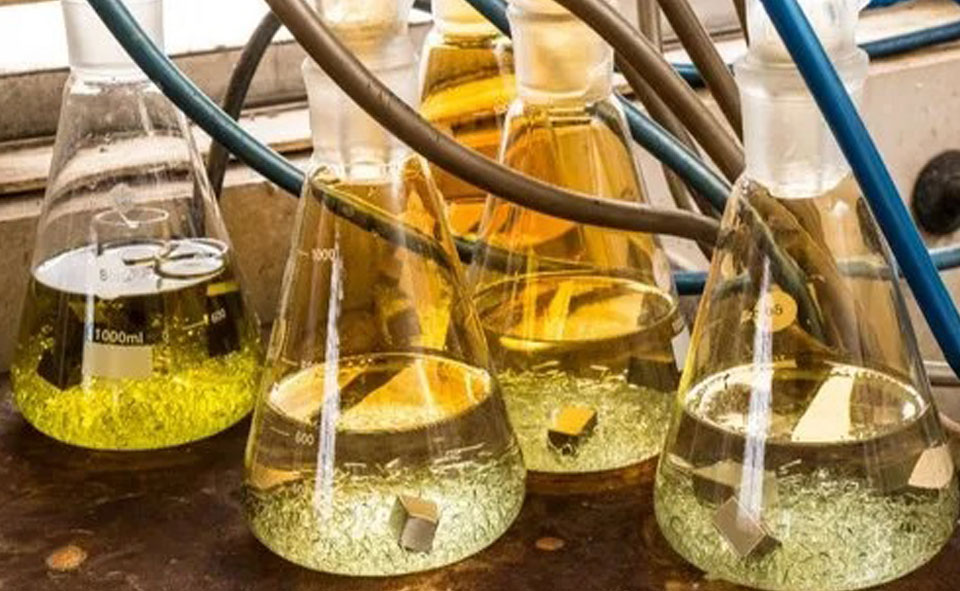
- Intergranular Corrosion (IGC) Testing: Detects susceptibility to intergranular corrosion in stainless steels and other alloys.
- Pitting Corrosion Testing: Assesses the resistance of metals to pitting corrosion.
- Salt Spray Testing: Simulates long-term exposure to a corrosive environment to evaluate corrosion resistance.
- Acid & Alkali Resistance Testing: Measures the resistance of materials to acidic and alkaline environments.
- Oil & Water Resistance Testing: Evaluates the resistance of materials to oil and water exposure.
- Ferric Chloride Corrosion Testing: Assesses the resistance of stainless steels to ferric chloride-induced corrosion.
- Stress Corrosion Testing: Evaluates the susceptibility of materials to stress corrosion cracking under tensile stress.


